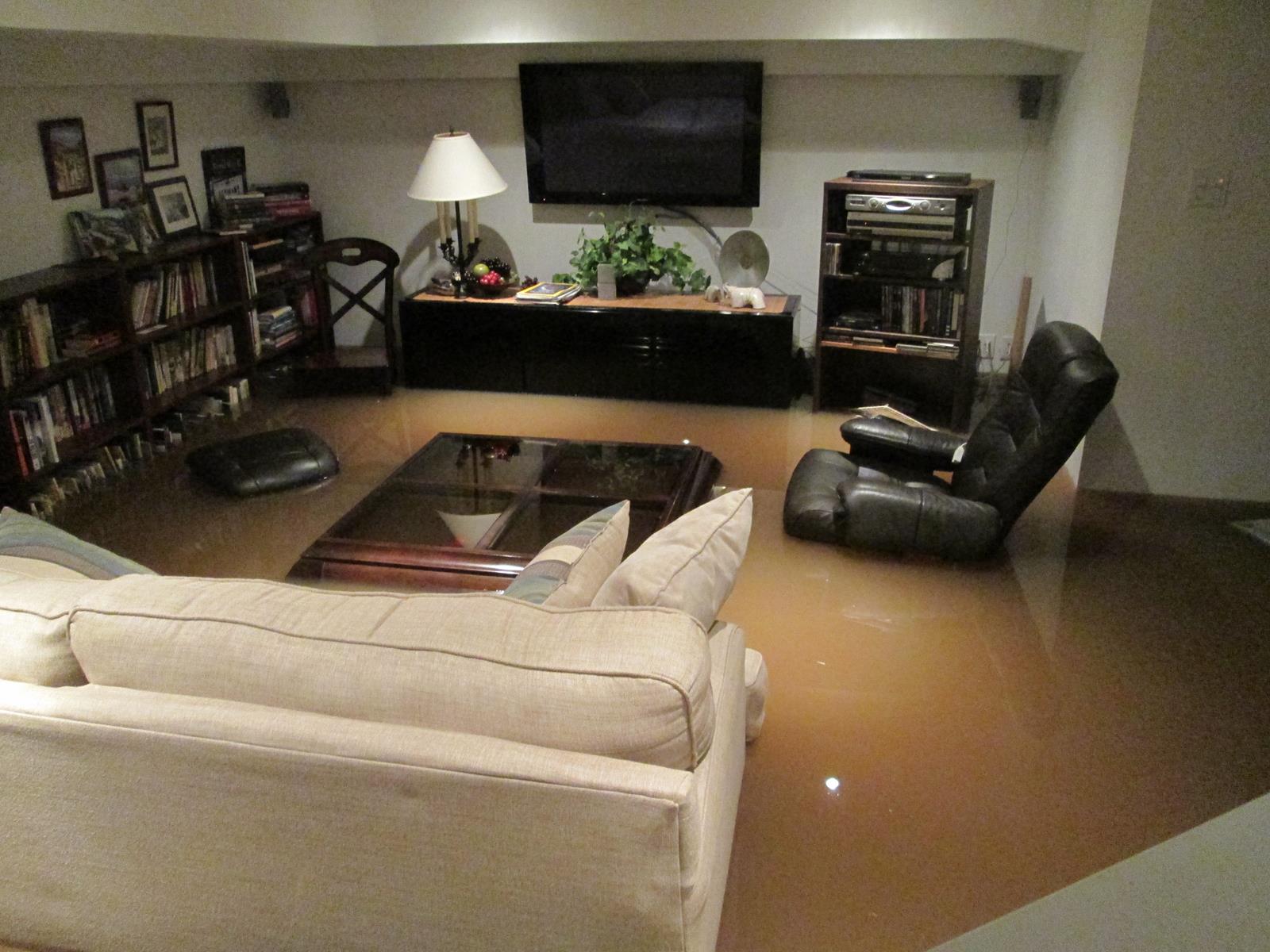Prevent Water Damage by Keeping Your Home’s Gutters Clean and Repaired
The welcome, warmer climate of spring brings with it torrential rain. Springtime downpours fall straight into a home’s gutter systems, making a clean gutter essential. The balmy temperatures of spring allow homeowners to ascend to their rooftops and bring down the host of debris that has accumulated along the gutter throughout the frosty winter.
A spring season gutter cleaning removes all the accumulated debris from the winter. Plus, spring gutter cleanings are necessary due to the fact that the spring blossoms and seeds of trees and plants develop and can potentially land in the gutter, causing blockage problems.
Gutter Cleaning to Avoid Water Damage
A blocked gutter leads to a significant issue—water damage. When the spring’s rainwater and melting snow along the rooftop have nowhere...

